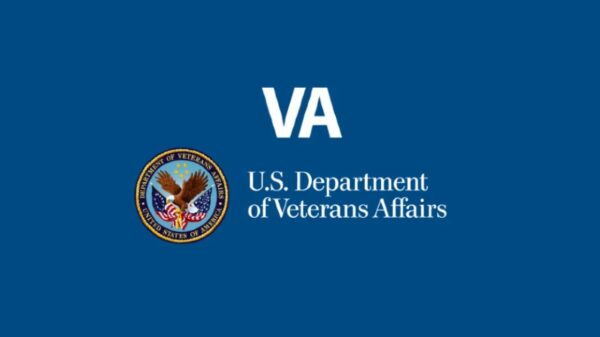This week, the U.S. Senate unanimously passed U.S. Sen. Marco Rubio’s, R-Fla., “South Florida Clean Coastal Waters Act” without opposition.
Rubio and U.S. Rep. Brian Mast, R-Fla., have championed the bill in recent years. According to Mast’s office, the proposal amends the “Harmful Algal Bloom and Hypoxia Research and Control Act” which cleared Congress in 2018.
“Under the direction of this existing federal law, the National Centers for Coastal Ocean Science have developed numerous reports over the last two decades researching harmful algal blooms in the Gulf of Mexico, the Great Lakes, the Mississippi River and nationally; however, there has never been a Florida-specific report. The bill directs the task force to complete an assessment that examines the causes, consequences and potential approaches to reduce harmful algal blooms in the Greater Everglades region, including how ongoing South Florida ecosystem restoration efforts are impacting the distribution of algal blooms. Based on the assessment, the task force then must submit a plan to Congress for reducing, mitigating and controlling harmful algal blooms in the Greater Everglades region,” Mast’s office noted.
Rubio’s bill was co-sponsored by U.S. Sen. Rick Scott, R-Fla.
“Harmful algal blooms can sicken Floridians, damage local economies, and destroy our ecosystems,” Rubio said. “My bill will help Florida’s coastal communities prepare for and mitigate against the devastating impacts of harmful algal blooms. I urge the House to swiftly send this bill to President Biden’s desk so the federal government can meaningfully address these challenges.”
The bill now heads to the U.S. House where Mast and U.S. Rep. Darren Soto, D-Fla., are championing the proposal. Other backers in the U.S. House include U.S. Reps. Gus Bilirakis, R-Fla., Val Demings, D-Fla., Carlos Gimenez, R-Fla., Stephanie Murphy, D-Fla., Bill Posey, R-Fla., Maria Elvira Salazar, R-Fla., Greg Steube, R-Fla., and Michael Waltz, R-Fla. Earlier this week, U.S. Rep. Bryon Donalds, R-Fla., co-sponsored the proposal.
Mast introduced his bill in January 2021 and it was sent to the U.S. House Science, Space, and Technology and the Natural Resources Committees which assigned it to subcommittees.




















